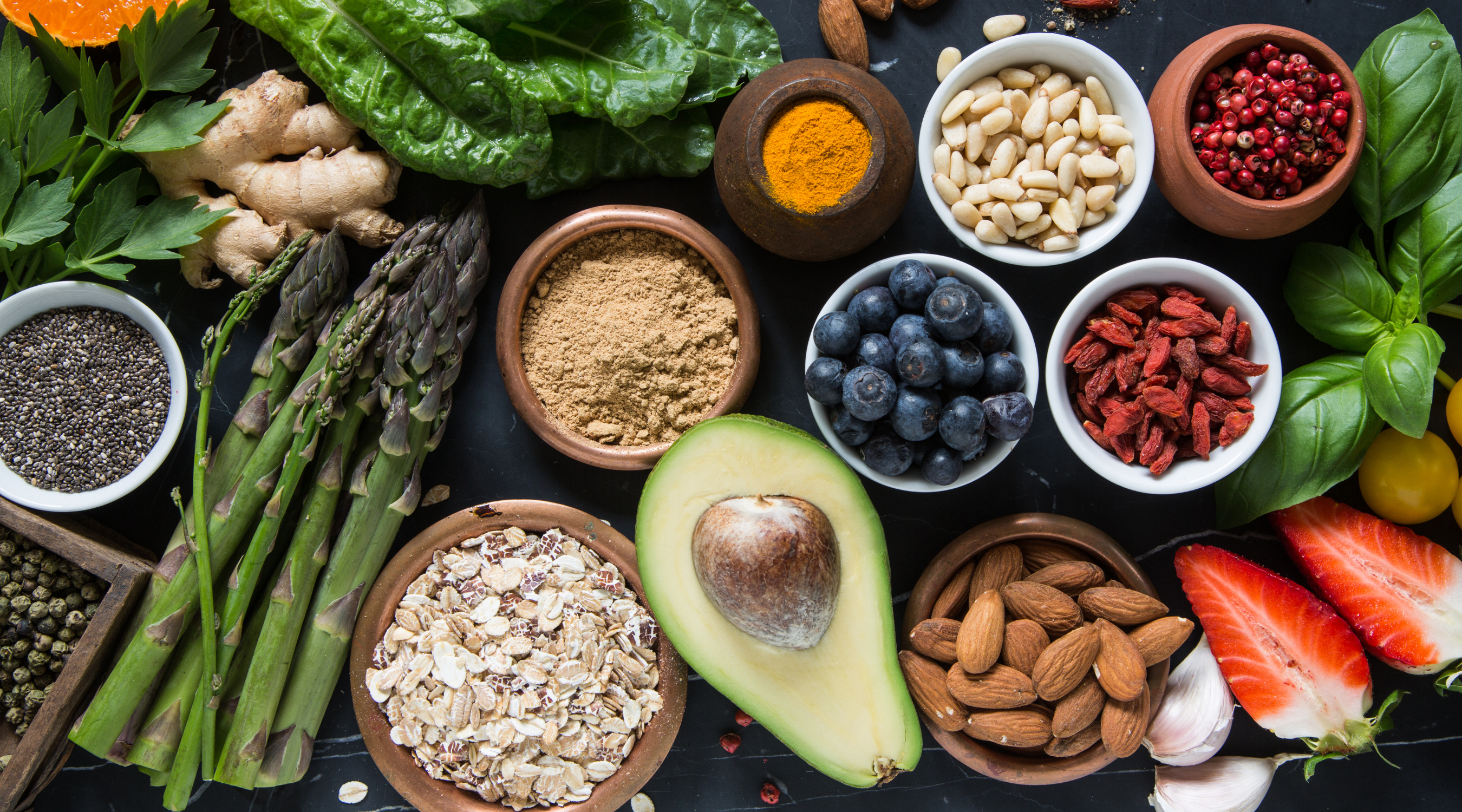What is eczema?
Atopic dermatitis, also referred to as eczema, is an inflammatory condition that causes the skin to become dry, itchy, red and usually bumpy. It causes the skin’s barrier to become damaged meaning that it is more susceptible to infections as well as becoming more sensitive (NIH, 2019).
A common misconception is that the condition is contagious, however this is far from the truth. Eczema may be a result of genetics and previous family history, or brought on my life circumstances eg. increase in stress, pregnancy etc.
It is common within infants, however many outgrow the condition as they reach adolescence.
Common Allergies in Eczema Sufferers
Between environmental factors and different foods, anything can be an allergen for an eczema sufferer. For children, the most common food allergies which cause flare ups are peanuts, egg and dairy (milk) (NIAMS, 2019). It is important to always complete an allergy test with your doctor to ensure that allergens are identified correctly.
Aside from food allergies, eczema sufferers may experience irritation from their environmental factors as well such as dust, grass, pollens and mold.
Thirdly, common household products may also aggravate eczema sufferer’s skin. This includes soaps, detergents, fragrances or different fabrics.
In order to decrease the chance of allergen flare ups, it is important to be aware of your triggers and possible irritants. Therefore, it is possible to limit them in your environment and alleviate the occurrence of flare ups due to these allergens.
Foods To Consume
Although each person is individual and what may cause irritation for one, may be fine for another, these are some of the most commonly known foods to assist in keeping eczema under control.
Kefir
What is Kefir you ask? Well, Kefir is a cultured/fermented dairy product which has been known to man for many years. It is the result of mixing kefir grains with milk, resulting in an abundance of bacteria and yeasts (which come from the kefir itself) (Prado, 2015). Studies show that the consumption of kefir results in ‘boosting the barrier function of the skin’ as a result of a more diverse gut microbiome.
Why may it be beneficial to eczema?
Well, by introducing this bacteria from the kefir to the gut, it assists in diversifying the gut microbiome. This in turn assists in reducing inflammation in the gut, which of course can then lead to a reduction of inflammation in the body overall. As we know, eczema is an inflammatory condition so by reducing this in the gut, it may reduce it overall within the body (Rodrigues, 2005).
Fish
It’s been a common practice for many decades to consume fish oil tablets to give the body an extra boost of omega-3 fatty acids as it is a nutrient which assists in fighting inflammation. Two sources of fish which are high in this omega-3 are salmon and tuna. Therefore, eczema sufferers who consume this may actually reduce their body’s inflammation overall.
Mega Oil
As mentioned in the above, fatty fish is high in omega-3 fatty acids. However for those who don’t consume much fish in their diet, or are looking for an alternative way to incorporate more of these essential fatty acids into their regime, Grahams Natural created a plant based alternative. It is called Mega Oil and is filled with high omega ingredients including flaxseed oil, sunflower seed oil, safflower seed oil and sesame seed oil. All of these ingredients have been proven to have anti-inflammatory properties as well as general benefits for skin health too.
Simply take one tablespoon daily, for the same omega dose as 20+ fish oil tablets would provide!
Vegetables & Fruit
As a kid, parents always nag their children to eat up their five fruits and veg, however for eczema sufferers, there is some evidence behind it. Fruits and vegetables that are high in inflammation-fighting flavonoids (natural substances which are beneficial to health due to their inflammation reducing composition), include spinach, kale and blueberries. Therefore, consuming these foods on a regular basis may help to improve skin health due to the presence of flavonoids in them.
Foods to Avoid
Eggs
As mentioned previously in the article, many eczema sufferers may also experience egg allergies. The proteins found in eggs may result in an allergy response from the immune system as it is mistaken for a harmful substance. This results in the production and release of chemicals and histamines in the body, which may result in an increase in inflammation in the body, obviously leading to an eczema flare up.
Peanuts
Many of those suffering from eczema, may also be allergic to peanuts - unfortunately they are just two conditions that go hand in hand! Therefore, for those who seem to experience a flare up of their skin after consuming peanuts, it is highly likely that your body may be mistaking one of the proteins in peanuts as something harmful. Although it may not result in a common reaction like those who are generally allergic to the food, it can definitely be an intolerance which leads to eczema flare ups.
Gluten
Sadly, many eczema sufferers may need to forego their mid-morning donut or weekend BLT due to the gluten included in these foods. The proteins that comprise gluten (found in wheat, rye and barley) may be difficult for the gut to break down. This means that gluten that can’t be broken down by the gut enzymes, may actually inflame other areas of your body, triggering an immune response. Reducing the intake of gluten in your diet, may also reduce the presence of inflammation, in turn reducing eczema flare ups.
Are we saying that you can’t consume all of your favourite foods and instead are confined to a bland and tasteless diet? Most definitely not. Instead, we recommend being conscious of immune responses after consuming different types of foods, to help identify what may be a trigger for your eczema. This will then allow you to incorporate more beneficial food choices into your diet, to overall assist in reducing inflammation in your body to reduce eczema flare ups.





